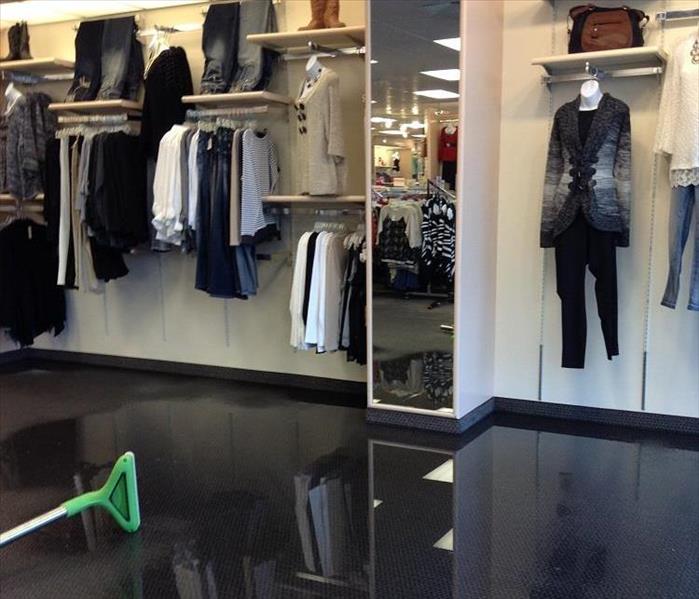Commercial Water Damage Restoration Facts
5/7/2018 (Permalink)
In the restoration industry, there is more than meets the eye when it comes to water and the havoc it can wreak.
Water Restoration Facts
- A sheet of drywall standing upright in 1/2" of water can absorb as much as 6 inches in less than 3 hours.
- Water is known as a "universal solvent" because it dissolves more substances than any other liquid.
- Mold typically begins to grow within 24 to 48 hours in an untreated, moist environment.
- A puddle of water around a water heater indicates a slow leak, or rusted or corroded fittings. Act quickly as water heaters are under a great deal of water pressure.
Water Contamination Categories in the Restoration Industry
- Category One-Water from a clean source that poses no risk of sickness or discomfort such as from an overflowing bathtub or from a broken water supply pipe.
- Category Two-Water that has a significant degree of chemical, biological and/or physical contamination such as water from a dishwasher or washer, or aquarium leak or discharged Category One water that sits untreated for more than 24 hours becomes a Category Two.
- Category Three- Water coming from a grossly unsanitary source or carrying disease causing agents such as releases from septic systems and flood waters or discharged Category One water that sits for more than 48 hours becomes Category Three, or discharged Category Two water that sits for more than 24 hours becomes Category Three.
The use of chemical agents that act as biocides may be used when there is a need to control or destroy pathogenic microorganisms during a restoration project. The EPA defines three levels of biocidal activity:
- Sanitizers which are designed to reduce the number of microorganisms
- Disinfectants which are designed to destroy or inhibit the growth, but not necessarily the spores.
- Sterilizers which are designed to destroy all microorganisms and their spores, such as mold, bacteria, viruses, etc.
Have Commercial Water Damage Questions? Call 252-331-7889






 24/7 Emergency Service
24/7 Emergency Service
